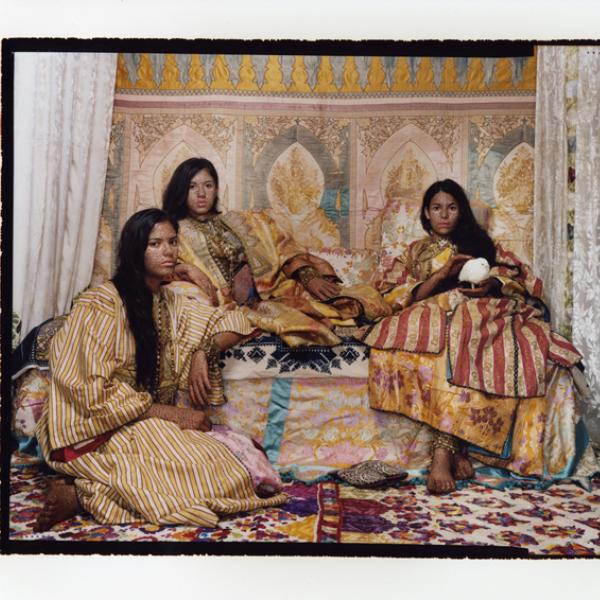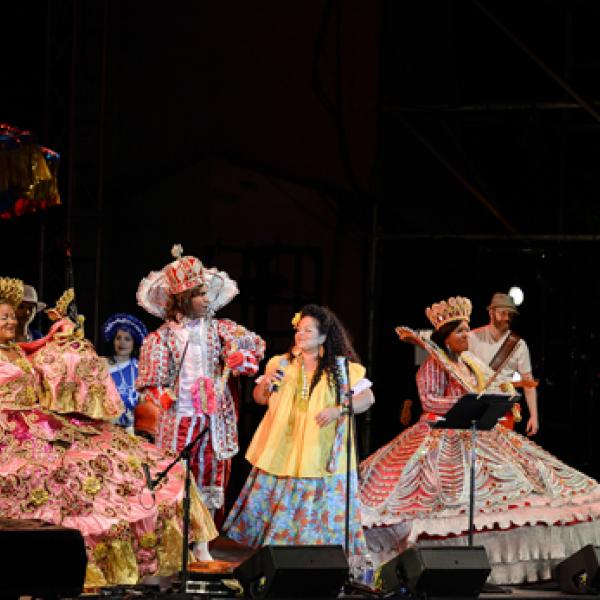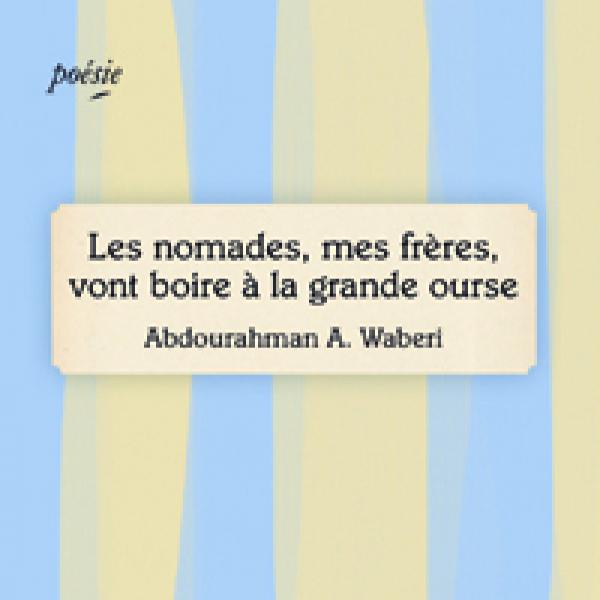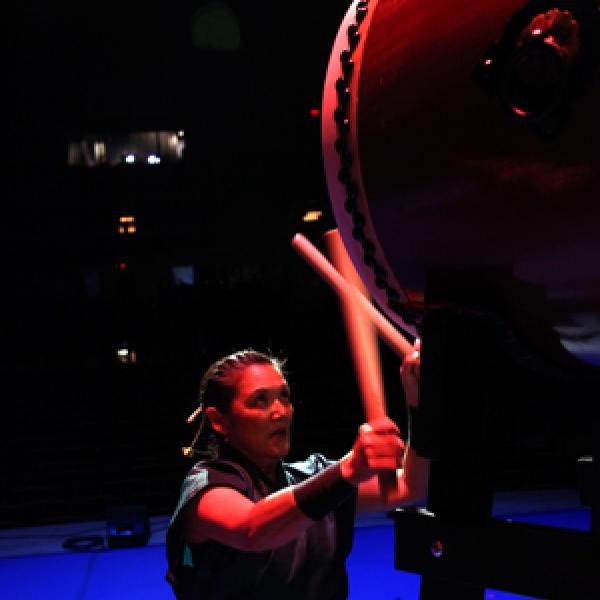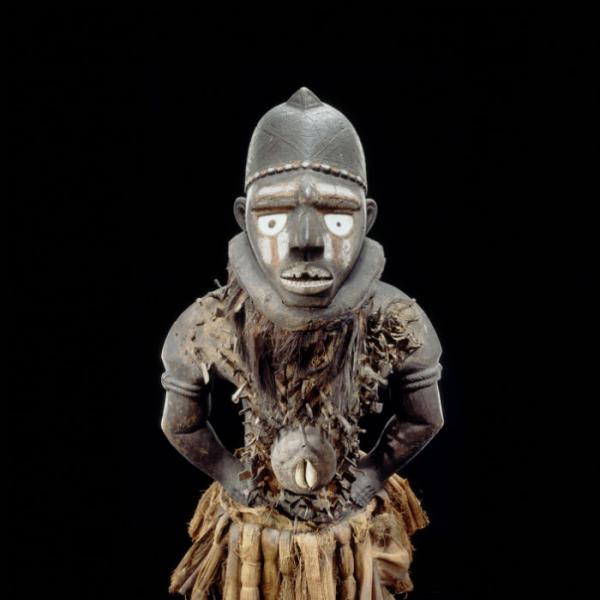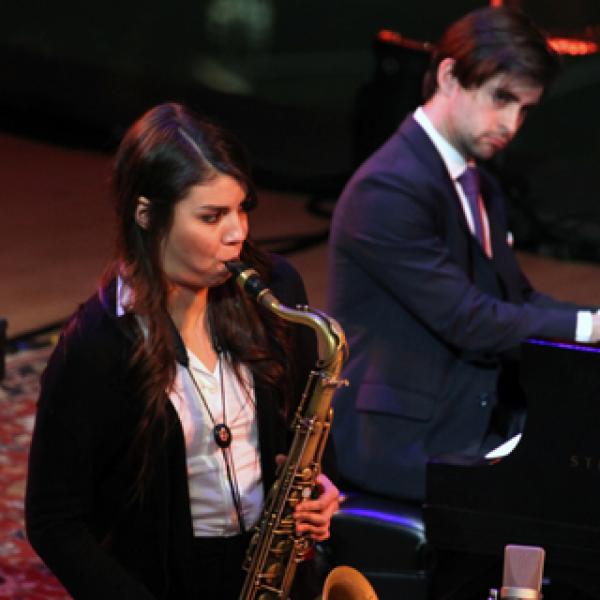Telling Their Stories
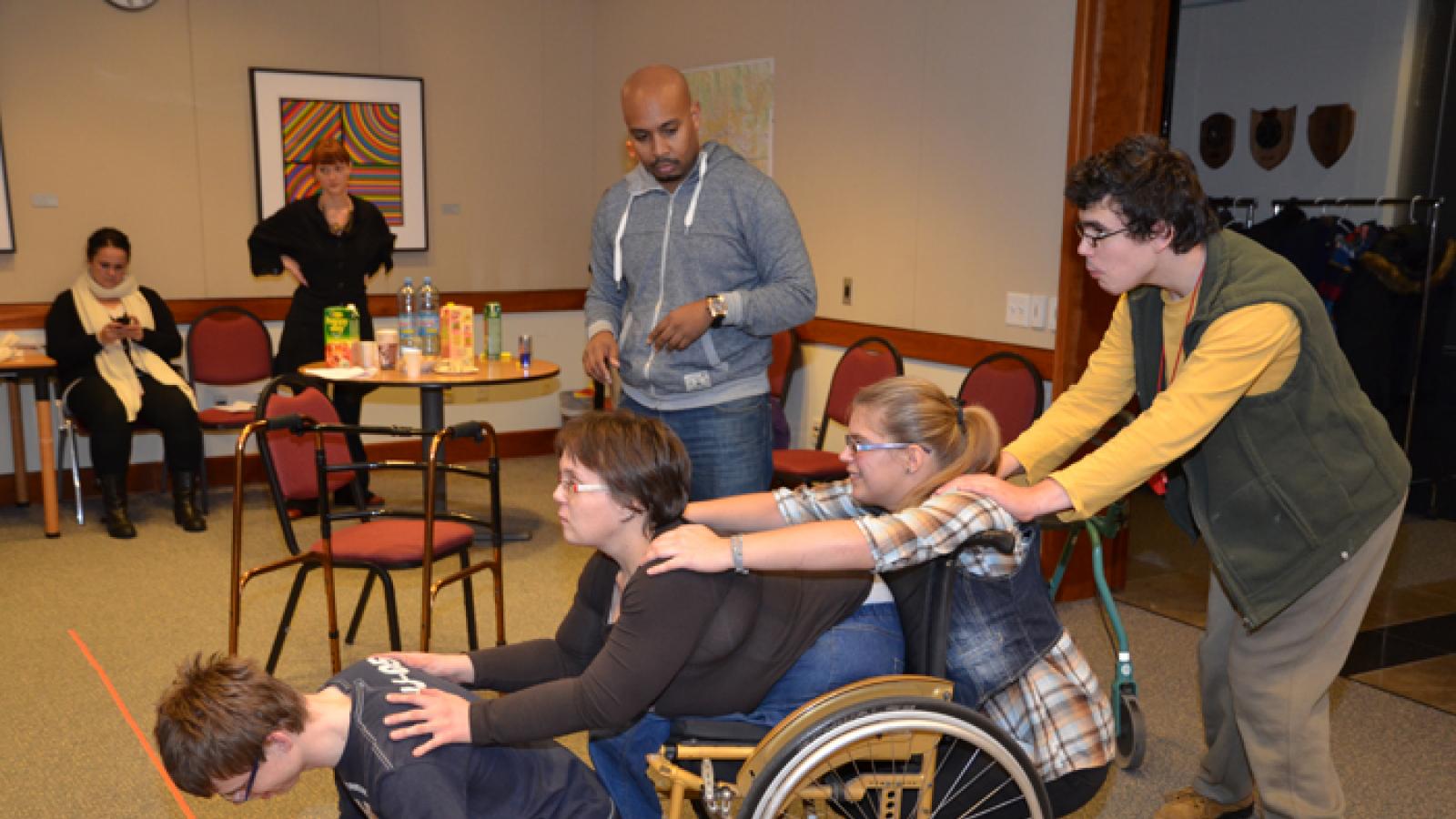
Voices of Now: Croatia ensemble members in rehearsal with Arena Stage teaching artist Anthony Jackson in Zagreb, Croatia. Photo courtesy of Arena Stage
When Maja Popović’s family discovered she had attended a Depeche Mode concert, they responded angrily, stunned that her father had let her leave the house. It wasn’t because she was a minor, or that the concert venue was located in a dangerous part of town. It was because Popović, now a 30-year-old PhD student, was born without the lower portion of her legs and uses a wheelchair. In Croatia, where Popović lives, that is reason enough to be kept hidden from the world.
Popović recently shared her experience with Voices of Now, a program of Arena Stage, located in Washington, DC, that presents performance-based education to those whose voices are not usually heard. “It encourages discourse across lines that are not usually crossed in communities,” said Anita Maynard-Losh, Arena’s director of community engagement. In collaboration with the U.S. Department of State, Arena brought Voices of Now to Croatia in December 2013 as a way to spotlight individuals with physical disabilities, and raise awareness about the discrimination they face.
“As soon as I learned that these wonderful people were coming to our country with such a noble mission of raising awareness about problems people with disabilities encounter every day, I was immediately on board,” said Popović. “There is still much to be done on the subject here, but the idea of addressing people—well, audiences in this case—seemed like a very good start.”
Voices of Now began in 2002 as a collaboration between Arena staff members and DC’s Jefferson Middle School, and has since grown to include partnerships with other schools and community organizations throughout the DC metropolitan area. “The goal has always been to work with ensembles to create original pieces of theater that were based on their lives,” described Maynard-Losh. “The participants discuss and write around a theme that is significant to them and we, as theater professionals, devise a piece that puts that work into a play that we direct and they perform. For our participants, it becomes a very personal and meaningful process.”
“We never go in expecting to tell a specific story, and we work very hard to avoid putting our voices on top of the voices of the participants,” said Ashley Forman, Arena’s director of education and founder and artistic director of Voices of Now. “Our goal is to share the process of creating theater, share our skills, and let our artists tell their stories and see what conversations come out of it.” To that end, Forman continued, talkbacks between performers and audience members follow each show, jumpstarting discussions that organizers hope will continue long after the curtain drops.
Arena Stage began its collaboration with the State Department on Voices of Now in October 2012 with a trip to India. “We worked in Kolkata, Patna, New Delhi, and Hyderabad and in each, we created a piece of theater with an ensemble of young people from that area,” said Maynard-Losh. “We worked with young girls who had been rescued from trafficking. We worked with ‘platform children,’ young people who live on railway platforms because they don’t have homes. We worked with a group that was made up of Muslim and Hindu young people who wanted to deal with the topic of tradition—how to hold on to what’s good about your oldest traditions while integrating what’s good about the world outside of them.”
Participants also talked about what to do with traditions that they did not want to be part of their lives. “A young boy wrote a piece that was included in the play about how it was traditional not to educate women, and how that was a tradition he didn’t want to hold on to,” she continued. “It really seemed to be a powerful and life-hanging experience for all of the young people who were involved.”
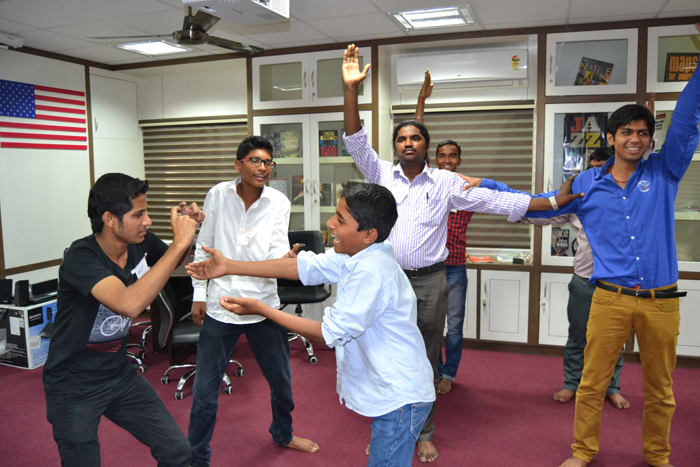
Following the success of their first expedition to India, Voices of Now organizers were brought by the American embassy in Croatia to the city of Zagreb for three weeks in December. The American delegation quickly learned that Croatians with physical disabilities were a population that could benefit highly from the attention, and discussion, that the program would bring.
“There are significant roadblocks in Croatia,” said Forman. “The challenges are extreme and it’s not something that people generally talk about.” She recalled Popović’s unsettling description of what it was like for those with a disability to live in the country. “She told us that people with disabilities are expected to be kept in the basement and fed bread and water, literally hidden as a family secret. It's a completely different stigma than we’re used to dealing with here in the U.S.” In fact, it was only last year that disabled individuals who lived under the care of others were given the right to vote in Croatia.
Popović admitted that she was a bit skeptical early on in the process, despite her enthusiasm to participate. “Whenever Croatian news reporters cover a subject such as physical disability, they often approach [it as something] extremely pathetic, making all of us look like social cases in need of alms,” she said. As the creative process continued, though, her doubts were replaced with excitement.
The resulting play, entitled Disable(d) Prejudice, attracted an audience that was at least 100 people over capacity for the venue. “The play made me realize how important it is to react when some form of discrimination is being displayed, and how important it is for people to come together and raise their voices in order to change the world they live in,” said Popović. “I think other members of our ensemble would tell you the same thing. As for our audience—all of us were approached by people, days after the show, who kept thinking about the problems we go through and who wanted to know what they can do to help us. People showed support everywhere we looked.”
For Elizabeth Blumenthal, the assistant public affairs officer at the U.S. Embassy in Zagreb who helped organize Voices of Now’s work in Croatia, the public’s response was far more positive and substantial than she had expected. “The theater was standing room only and many people said afterwards that they'd never seen anything like Disable(d) Prejudice,” she said. “I know one school group that came that continued to talk about the issues raised in the show the next day in the classroom, not because the teacher led a discussion, but just organically, because they found so much to talk about as a result of seeing the play. That was exactly what we had hoped for.”
Popović hopes to see the positive impact of Voices of Now in Croatia spread to a broader audience worldwide. “Almost every country has a certain problem [accepting] minorities, whether it's discrimination against people with disabilities, foreigners, even women or racism based on religious beliefs, skin color, sexual orientation,” she said. “Programs like these have a great potential to trigger change not just in a single country, but the whole world.”
Michael Gallant is a composer, musician, and writer living in New York City. He is the founder and CEO of Gallant Music (gallantmusic.com).



